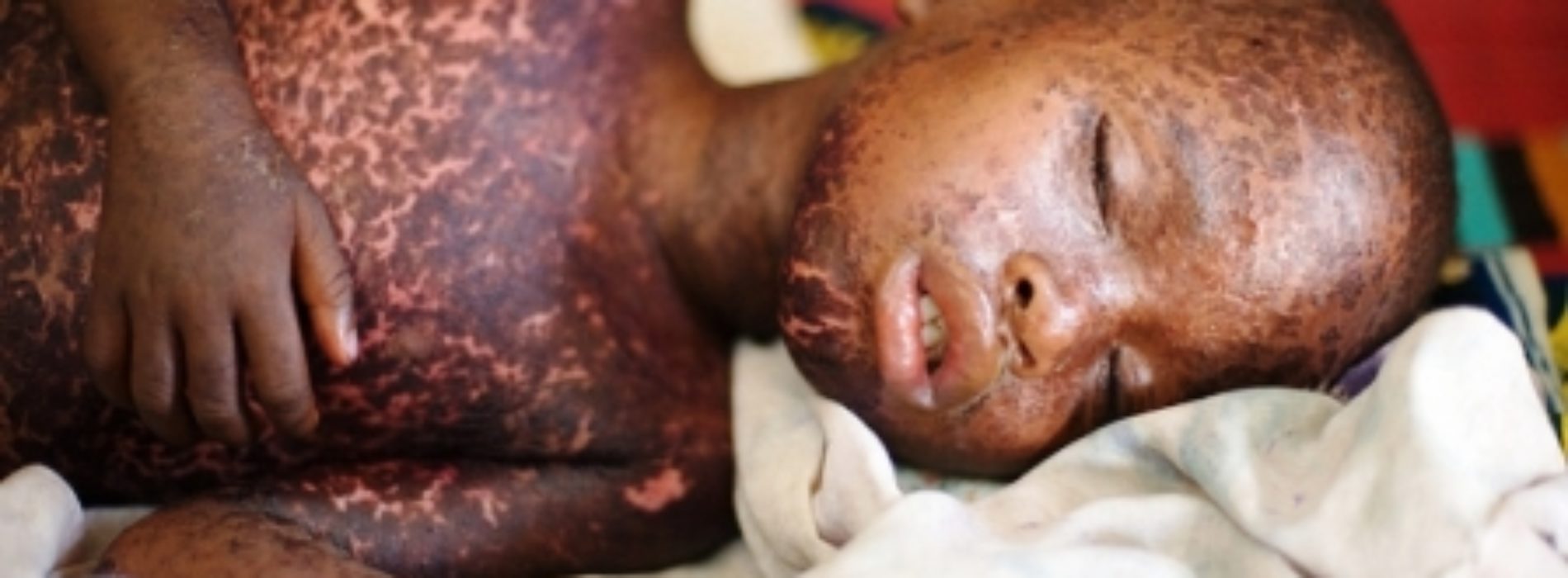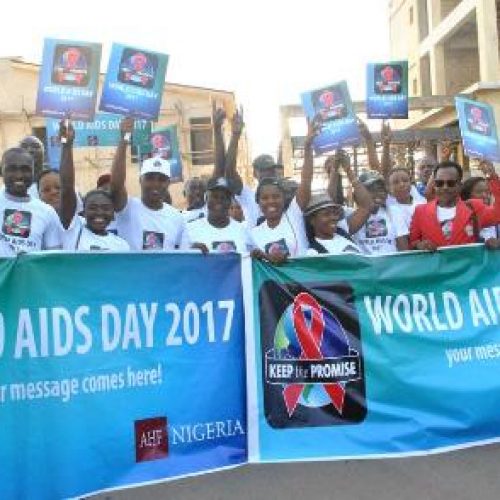More than 140,000 die from measles as cases surge worldwide
Worldwide more than 140,000 people died from measles in 2018, according to new estimates from the World Health Organization (WHO) and the United States Centers for Diseases Control and Prevention (CDC). These deaths occurred as measles cases surged globally, amidst devastating outbreaks in all regions.
Most deaths were among children under 5 years of age. Babies and very young children are at greatest risk from measles infections, with potential complications including pneumonia and encephalitis (a swelling of the brain), as well as lifelong disability – permanent brain damage, blindness or hearing loss.
Recently published evidence shows that contracting the measles virus can have further long-term health impacts, with the virus damaging the immune system’s memory for months or even years following infection. This ‘immune amnesia’ leaves survivors vulnerable to other potentially deadly diseases, like influenza or severe diarrhoea, by harming the body’s immune defenses.
“The fact that any child dies from a vaccine-preventable disease like measles is frankly an outrage and a collective failure to protect the world’s most vulnerable children,” said Dr Tedros Adhanom Ghebreysus, Director-General of the World Health Organization. “To save lives, we must ensure everyone can benefit from vaccines – which means investing in immunization and quality health care as a right for all.”
Measles is preventable through vaccination. However, vaccination rates globally have stagnated for almost a decade. WHO and UNICEF estimate that 86% of children globally received the first dose of measles vaccine through their country’s routine vaccination services in 2018, and fewer than 70% received the second recommended dose.
Worldwide, coverage with measles vaccine is not adequate to prevent outbreaks. WHO recommends that 95% vaccination coverage with two doses of measles vaccine is needed in each country and all communities to protect populations from the disease.
Poorest countries hardest hit
Estimating the total number of cases and deaths globally and by region, the report finds that the worst impacts of measles were in sub-Saharan Africa, where many children have persistently missed out on vaccination.
In 2018, the most affected countries – the countries with the highest incidence rate of the disease – were Democratic Republic of the Congo (DRC), Liberia, Madagascar, Somalia and Ukraine. These five countries accounted for almost half of all measles cases worldwide.
“We’ve had a safe and effective measles vaccine for over 50 years,” said Dr. Robert Linkins, Branch Chief of Accelerated Disease Control and Vaccine Preventable Disease Surveillance at the CDC and Chair of the Measles & Rubella Initiative. “These estimates remind us that every child, everywhere needs – and deserves – this life-saving vaccine. We must turn this trend around and stop these preventable deaths by improving measles vaccine access and coverage.”
While the greatest impacts have been in the poorest countries, some wealthier countries have also been battling measles outbreaks, with significant ramifications for people’s health.
This year, the United States reported its highest number of cases in 25 years, while four countries in Europe – Albania, Czechia, Greece and the United Kingdom – lost their measles elimination status in 2018 following protracted outbreaks of the disease. This happens if measles re-enters a country after it has been declared eliminated, and if transmission is sustained continuously in the country for more than a year.
About author
You might also like
Ogun State quarantines cement factory visited by Italian COVID-19 victim
Ogun state government has said that the whole facility of Larfarge Africa Plc, cement factory in Ewekoro, Ogun State has been quarantined following the confirmation of the first case of
Nigeria must do more to end HIV/AIDS , AHF, others tell FG
We are tired of government promises without action – PLWAS Abuja – The Global vision of ending HIV/AIDS pandemic by 2030 requires more contributions from Nigeria in terms of funding and promotion
FG designates 6 labs for lassa fever detection
We will concentrate on prevention because currently, there is no vaccine as of today. I have been notified of a candidate vaccine which we will put through clinical trial to







0 Comments
No Comments Yet!
You can be first to comment this post!